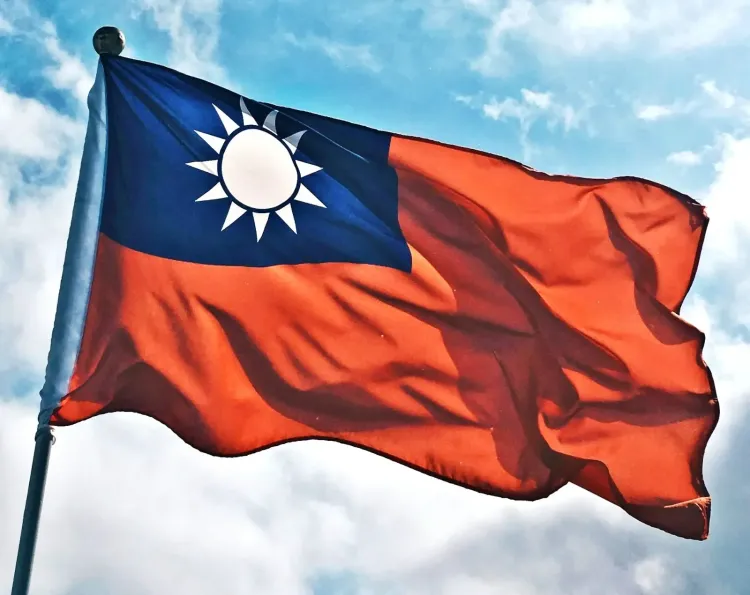Taiwan to Implement Stricter Espionage Laws

Synopsis
Key Takeaways
- Taiwan is enacting tougher laws against espionage.
- Active military members pledging loyalty to enemies face severe penalties.
- Chinese espionage activities have surged in Taiwan.
- The NSB reported a rise in prosecutions for espionage.
- Two former officers were convicted for leaking military intelligence.
Taipei, March 11 (NationPress) Taiwan is preparing to enact legislation aimed at imposing stricter penalties on spies and punishing active military personnel who express allegiance to an adversary and jeopardize military interests, according to reports from local media.
The Taiwanese Ministry of National Defense announced on Monday that under the proposed legislation, active military members who demonstrate loyalty to an enemy through speech, actions, words, images, digital records, or other means that significantly harm military interests could face imprisonment for a period ranging from one to seven years.
The ministry pointed out that in recent years, the military has joined forces with national security agencies to combat Chinese espionage, revealing that the espionage activities of the Chinese Communist Party (CCP) have become increasingly prevalent, as reported by the prominent Taiwanese newspaper, Taipei Times.
There has been a notable increase in Chinese espionage activities targeting Taiwan. In January, Taiwan's National Security Bureau (NSB) released an analysis outlining China's infiltration strategies, underscoring Beijing's efforts to enlist military veterans to recruit active service members.
The brief report, titled 'Analysis on the Infiltration Tactics Concerning China's Espionage Cases', indicated a substantial rise in the number of individuals prosecuted for Chinese espionage in Taiwan, increasing from 16 in 2021 to 64 in 2024.
The NSB noted that targets of these Chinese infiltration efforts included military units, government entities, and local organizations. It further elaborated that spies acting on behalf of the CCP utilized various channels and methods to infiltrate all sectors of Taiwan and enlisted Taiwanese individuals to assist in forming organizations and acquiring sensitive governmental information.
Last week, Taiwan's Supreme Court upheld prison sentences for two former Air Force officers convicted of transferring military intelligence to China.
The two officers, recognized by their surnames, Yeh and Su, were affiliated with the 501st and 301st battalions of Taiwan's Air Defence and Missile Command.
Yeh received a sentence of five years and 10 months, while Su was sentenced to five years and eight months.
In February 2025, the Supreme Court confirmed the Taiwan High Court's decision to impose sentences ranging from 18 months to 13 years on eight individuals, including several active-duty military officers, for gathering intelligence on behalf of China.










